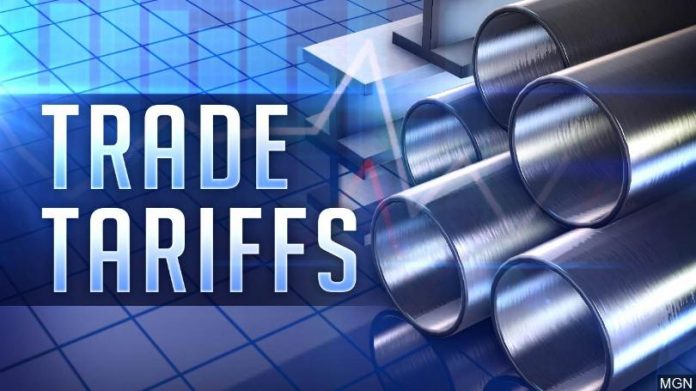The Steel and Engineering Industries Federation of Southern Africa (SEIFSA) is worried about the impact the US’s decision to permanently impose large tariffs on the importation of steel and aluminium products would have on the broader South African steel industry.
Despite South African exports of steel and aluminium to the US accounting for only 1.4 percent and 1.6 percent of U.S global imports respectively, these were still deemed as significant enough to threaten or impair US national security. The import tariffs of 25% on steel and 10% on aluminium products initiated under section 232 of the action plan on the basis of safeguarding US national security are effective from June 1 2018.
“The decision by the US to reject SA’s application for exemption is a travesty. It is clear that efforts by the South African government representatives, including the formal submission by the Minister of Trade and Industry, Dr Rob Davies, to the US requesting the exclusion of South Africa from the imposition of the duties on the basis that steel and aluminium exports to the US are a source of strategic primary and secondary products used for further value-added manufacturing in the US, thereby contributing to jobs in both countries, did not prevail,” SEIFSA Chief Economist Michael Ade said.
He added that it now seems the only option available for South African exporters is to individually convince their buyers in the US to lobby for exclusions for individual companies from SA on a case-by-case basis, rather than all South African exporters benefitting from a blanket exemption.
The decision by the US government still favours the original list of countries and regions that were initially temporarily excluded, including the European Union, Argentina, Australia, Brazil, Canada, Mexico and South Korea.
“The proclamation by the US will directly cost South African exporters roughly R3 billion worth of steel products and R474 million worth of aluminium products, respectively. This will not only starve the local industry of foreign currency, but it will also have a negative impact on the country’s foreign reserves. A further disruption on trade will include possible reductions in the quantity of steel and aluminium products exported to the US as local companies seek alternative export markets, thus negatively affecting exports competitiveness,” Ade said.
He added that the second-round effects will invariably be felt by South African companies largely dependent on the US market for exports. He warned that local companies facing the stiff duties may effectively seek ways of reducing costs, including cutting jobs, given their increasing input costs baskets.
In conclusion, Ade said that given the reduction in demand from the US and a possible oversupply from China, there is a possibility of a fall in global commodity prices and eventual dumping of steel and aluminium products into the SA markets.
“In this regard, SA needs to establish a steel import monitoring system that will verify any significant change in imported volumes, given the implementation of the US Section 232 tariffs, should exports to SA rise due to the US restrictions,” said Ade.








